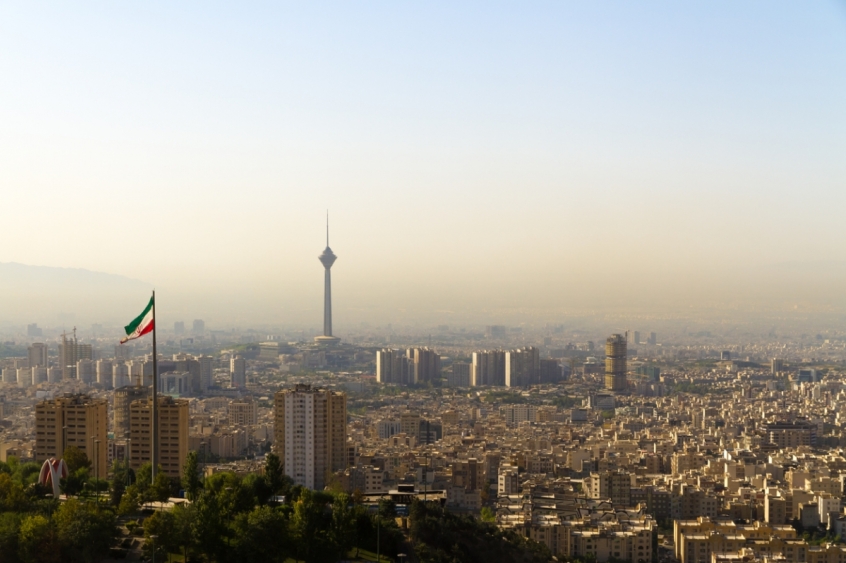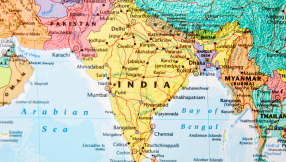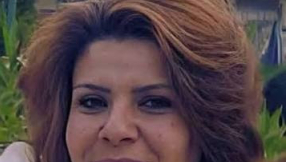
As the death of Mahsa Amini continues to stir global protests, Iranian Christians are adding their voices to the condemnation being expressed over the treatment of women and enforced wearing of the hijab in Iran.
Angry protests have been held in Iran, the UK and other countries after the 22-year-old died in the custody of Iranian morality police. Amini was arrested on 13 September for supposedly wearing an "improper" hijab.
Iran's Supreme Leader Ayatollah Ali Khamenei has tried to blame the US and Israel for the unprecedented protests.
Anti-persecution charity Article18 has issued a joint statement with the Hamgaam Council of United Iranian Churches and the Pars Theological Centre praising protesters for their "unparalleled courage" and calling for an end to "discriminatory" laws on the wearing of the hijab.
"We, like many of the people in Iran who have protested in the city streets with unparalleled courage following Mahsa's death, consider the imposition of mandatory hijab on the people of Iran – representing a range of religious, ethnic and cultural identities – an obvious violation of human rights, and demand an end to this and other discriminatory laws," the three organisations said.
"'We are all Mahsas', and 'Women, Life, Freedom' are among the slogans of the brave women and men of Iran, reminding us that we are all together, regardless of ethnicity, religion, language or belief, in this fight against the shared pain of injustice, oppression and religious dictatorship, as well as our hope for life, freedom and equality."
Their calls are supported by the charity Open Doors, which advocates for persecuted Christians around the world, including those in Iran.
The CEO of Open Doors UK and Ireland, Henrietta Blyth, said that Christians have been taking part in the protests both inside Iran and beyond.
For the Christians inside Iran, this comes at considerable risk to themselves as they are already heavily persecuted for their faith.
Many attend house churches and live with the constant threat of raids, arrests, imprisonment and torture. Some only meet with other Christians online because of the risk of reprisals.
So severe is the level of persecution in Iran that the country is number nine on Open Doors' World Watch List, an annual ranking of the 50 countries where Christians face the most extreme persecution.
"The Iranian regime has one of the worst human rights records of state persecution in the world," said Ms Blyth.
"Christians in Iran will only be able to enjoy their religious rights if the rights of the whole population of Iran are honoured.
"Christians both in and outside the country are joining in the demonstrations. Everyone is supporting Iran's struggle for freedom. We are hopeful for a change."
As a result of the internet shutdown inside Iran, the country's Christians are asking the global body of Christ to be their voice at this unprecedented time.
"Persecution is on the rise in Iran but despite this, we also see the growth of the church," Ms Blyth added. "Iranian Christians are not alone."













